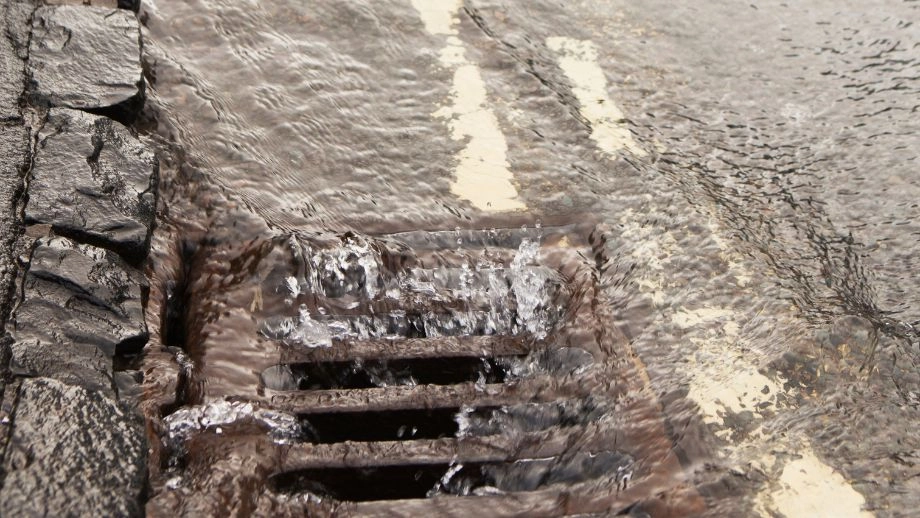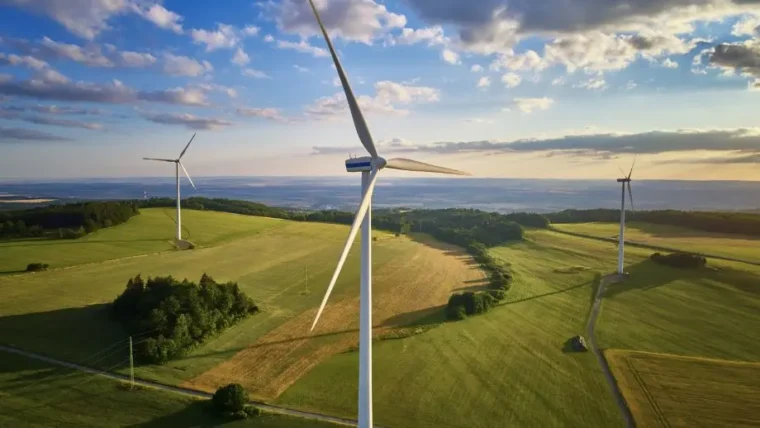“Unblocktober” – how can we protect our water systems?
11 October 2021

This month is Unblocktober, a month-long national campaign to prevent sewer blockages and protect our ocean. For decades our population has spilled harmful products down our drains which can lead to blockages, fatbergs and pollution in our oceans.
Fatbergs are formed when oil, grease and fat poured down drains joins with items such as wet wipes, nappies and cotton buds that will not degrade over time. A previous study revealed that cooking oil is the main contributor to fatbergs, making up nearly 90% of the mass. (Guardian)
Blockages and fatbergs in our waterways cause numerous issues, often leading to expensive excavations and repairs. They can lead to CSO overspills, the spread of plastic pollution, and the spread of pathogens.
Unblocktober is a chance to “make small changes to your habits and the way you dispose of certain everyday items in order to make big changes to the environment – at a time when it needs our help more than ever.” (unblocktober.org)
Fatbergs can grow to be enormous in size; In May a 300 Ton fatberg was dislodged from a sewer in Birmingham. Blockages in sewers lead to CSO overspills, which have the potential to spread plastic pollution and pathogenic bacteria.
Every year it costs the taxpayer around £88 million to clear blocked UK drains and sewer pipes of these blockages.
Many wipes claim to be flushable, contrary to reality. “Fine to flush” accreditation is the official way of identifying whether a wipe can be flushed or not. This is a Water Industry Specification. Ambiguous labelling of products can contribute to consumer confusion, leading to non-flushables being flushed.
Regardless, most wet wipes are over 90% plastic which contributes towards the prevalence of plastic pollution in our oceans and waterways, and so should be avoided. For more information on plastic pollution and microplastics, check out our insights blog.
Putting “hidden” plastics (such as floss or wet-wipes) down our drains increases the chances of them making their way into our rivers and seas – into which around 8 million pieces of plastic find their way every day (Plastic Free North Devon)
Blockages from plastics and FOG (fats, oils and grease) can impact oceans in other ways, as leaking or flooding from CSOs can cause untreated sewage to enter rivers and other water sources, leading to more pollution.
How Do I Prevent Blockages and Fatbergs?
There are some simple steps every person can follow to prevent these environmental issues from taking place:-
- Do not dispose of cooking oils, or any fats or grease down the drain
- Do not use wipes, as they are essentially a single use plastic
- Do only flush toilet paper, not wipes
Are you part of the 48% of the British public that has flushed a wipe? Will you be helping to protect our oceans and waterways this Unblocktober?









